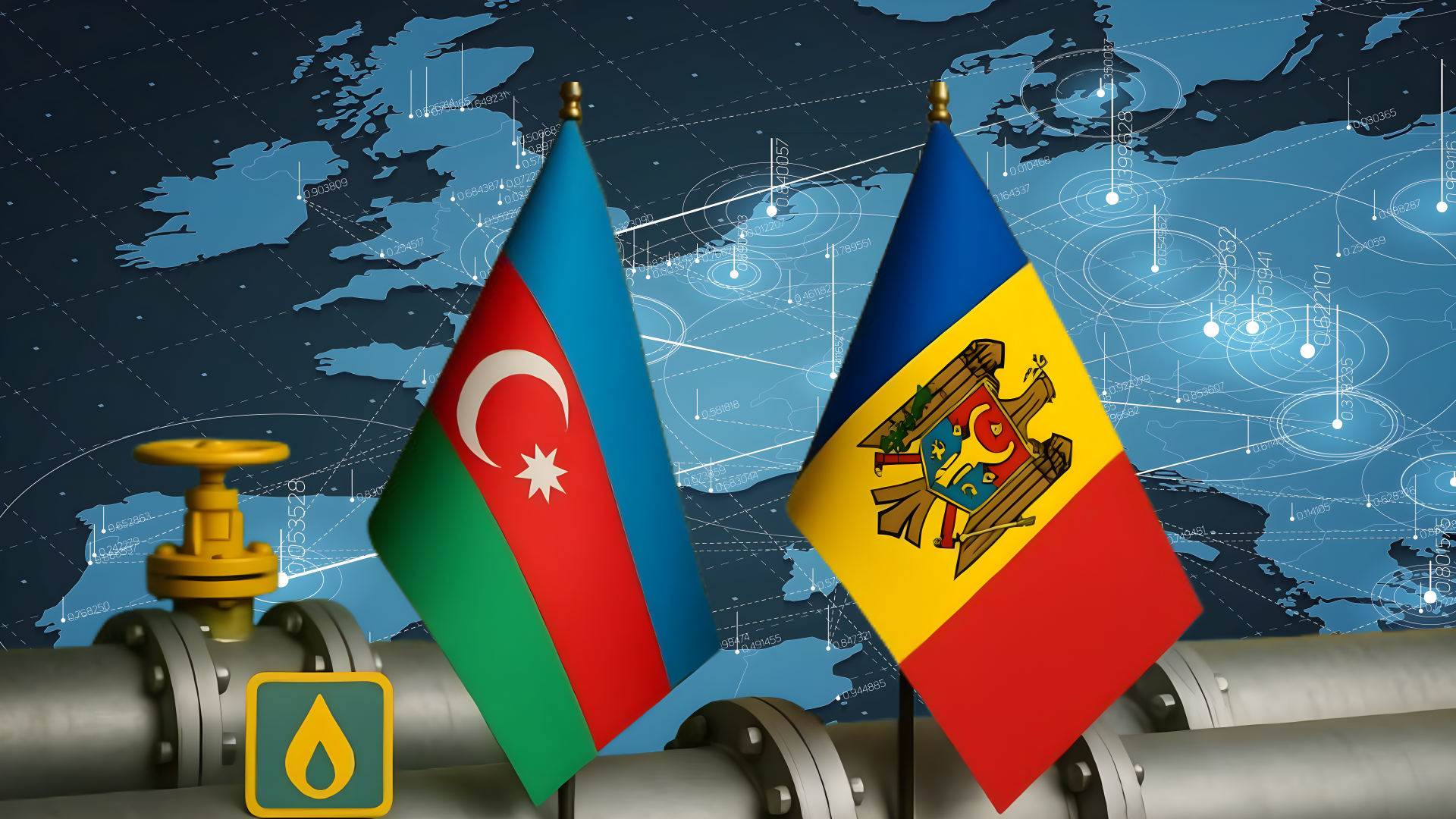Last week brought a bunch of good news, both for Azerbaijan’s economy and for the energy security of several countries long caught in the shadow of unreliable suppliers.
For the first time in history, Ukrainian consumers will receive Azerbaijani natural gas. The deal, signed between Ukraine’s Naftogaz and SOCAR Energy Ukraine—a subsidiary of our State Oil Company—marks a milestone not just for the two countries, but for the entire post-Soviet energy landscape. It is the first time Azerbaijani gas will travel via the Trans-Balkan route, through the Bulgaria-Romania-Ukraine energy corridor. Right now, it’s a test supply, but its significance is anything but experimental.
Ukraine has now become the first post-Soviet republic in Europe to buy Azerbaijani gas, joining a list that previously included only Georgia. This shows that Azerbaijan’s reach is no longer regional it is continental.
And Ukraine was not the only new arrival on our client list last week. Just days later, another new market opened: Syria.
With this, Syria became the 14th importer of Azerbaijani gas. The arrangement will see 3.4 million cubic meters delivered daily in 2025, transported first via Türkiye’s BOTAŞ system and then through the newly completed Kilis–Aleppo pipeline. The impact for Syria, where electricity is available for just two to four hours a day, could be transformative. The imported gas is earmarked for thermal power plants in Holms and Aleppo, potentially generating 900 MW of badly needed electricity.
These moves are more than commercial contracts—they are strategic strokes in Azerbaijan’s long-term energy diplomacy. Our gas is not only heating homes and powering factories; it is reshaping political leverage across Southeast Europe and the Middle East.
And the expansion isn’t stopping here. Moldova may be next. Energy Minister Dorin Junghietu recently welcomed Azerbaijan’s decision to supply Ukraine via the Trans-Balkan pipeline and openly invited Azerbaijani companies to participate in Moldova’s diversification strategy. Given Chisinau’s ongoing break with Gazprom, especially after the Russian supplier slashed deliveries in 202,2, Azerbaijani gas is well-positioned to fill that gap.
The timing is notable. Moldova has revoked the gas supply license of Moldovagaz, in which Gazprom holds a controlling stake, and has handed over all supply functions to the state-owned Energocom from September 1. According to Moldovan Energy Minister Dorin Junghietu, the state-owned company Energocom has a clear strategy focused on source diversification. “We would be glad to see Azerbaijani companies among the suppliers. However, our recommendation is to carefully monitor the tender procedures organized by Energocom, or submit applications, or start direct negotiations,” the minister stated.
This creates an opening for direct and sustained engagement between Baku and Chisinau.
In energy politics, reliability is worth more than pipelines and contracts. Azerbaijan has proven itself to be a dependable partner in a volatile market. Each new supply deal strengthens not just the energy security of importing nations, but also our own political influence in regions that matter—Southeast Europe, the Balkans, and now parts of the Middle East.
From Türkiye, Georgia, Italy, Greece, Bulgaria, Romania, Hungary, Serbia, Slovenia, Croatia, North Macedonia, and Slovakia—our original 12 customers—Azerbaijan’s gas network will now extend to Ukraine, Syria, and potentially Moldova, a 25% jump in market reach.
It is tempting to see these developments purely as an economic success story. But they are more than that. This is energy diplomacy in action—a steady, deliberate expansion of Baku’s role as a connector between resource supply and geopolitical stability.

